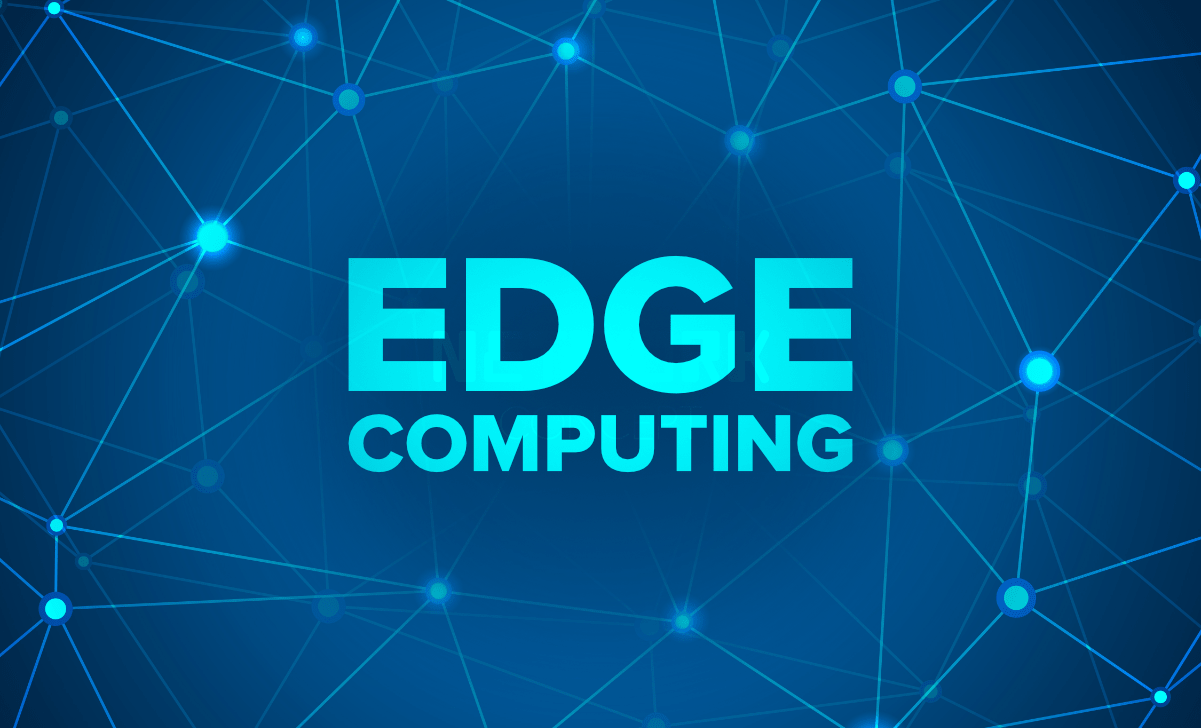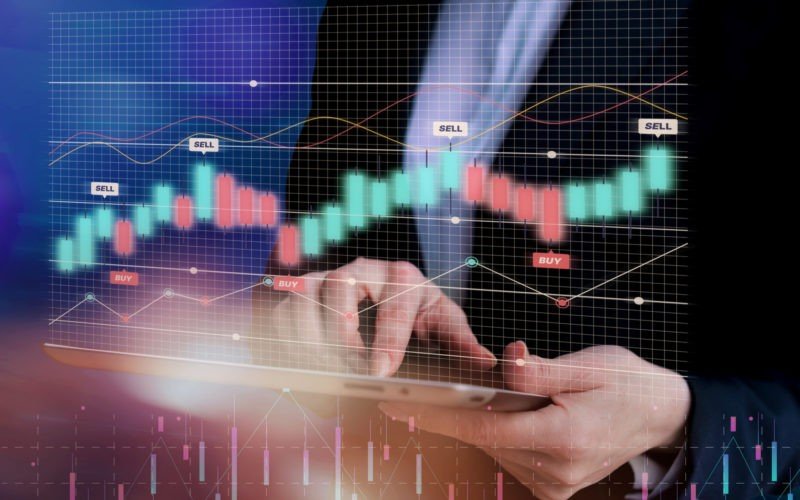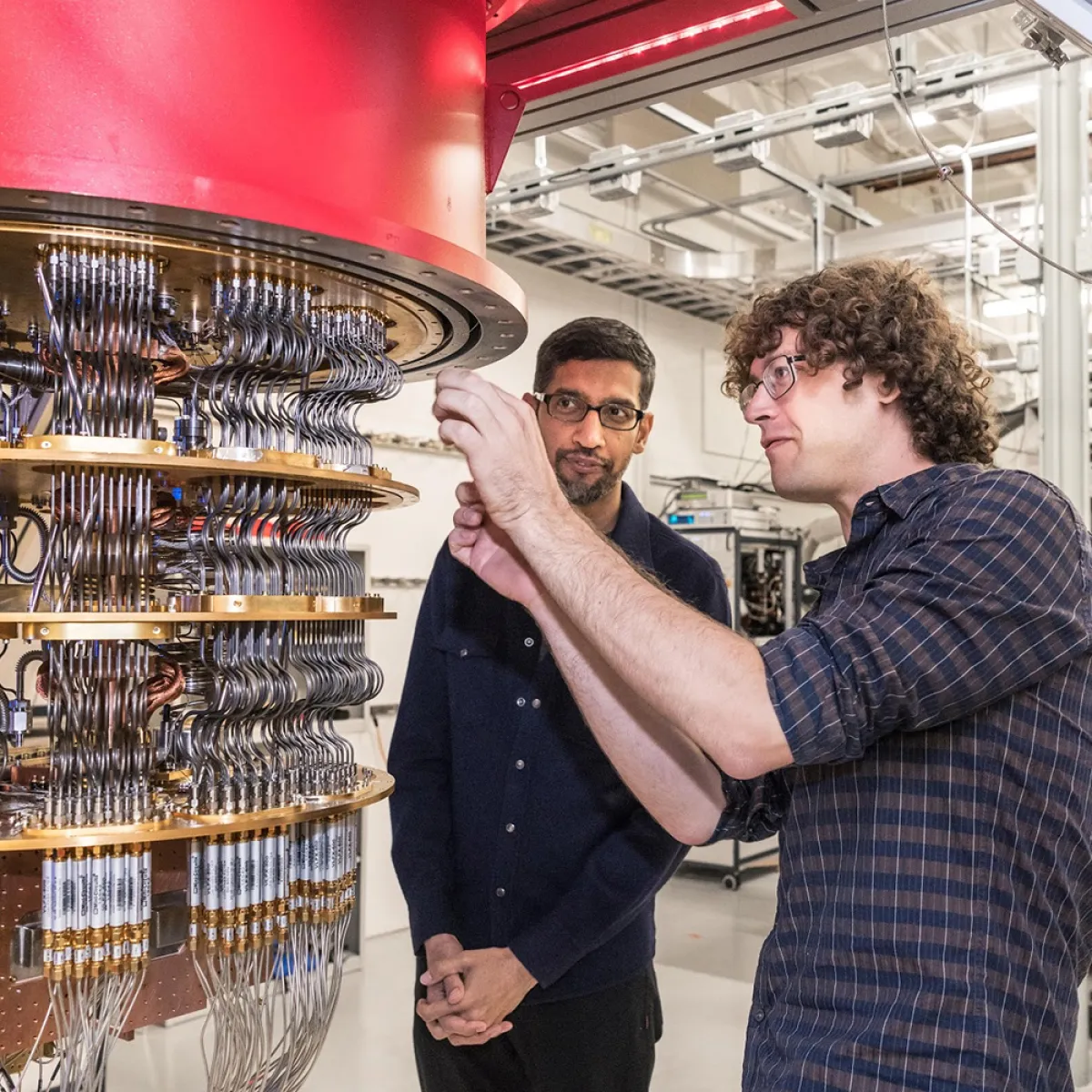The very utterance of the term blockchain instantly conjures up visions of virtual currencies to most people’s minds, such as Bitcoin or Ethereum. Though that may be true, blockchain does power digital cryptocurrencies, but their overall potential goes well beyond cryptocurrency. At its core, blockchain is a secure, decentralized, and rather transparent way to record information that could be put to many uses, ranging but not limited to financial industries, supply chain management, health care, and voting systems.
The article discloses some new-found applications of blockchain technology in a variety of fields and how it reshapes the way we used to approach data, trust, and security.
What is Blockchain?
Fundamentally, a blockchain is a digital method of recordkeeping that allows many transactions across many computers in a network in such a manner that it becomes virtually impossible to change the record. Once a transaction is recorded in a “block,” then it is verified and added to a chain of previous transactions, hence creating a “blockchain.” This chain is decentralized-no mainframe or central control-which makes it transparent and highly secure.
This is because, by nature, blockchain is decentralized; thus, all participants within the network have the same information-a factor that builds trust among them and lessens the need for an intermediary that would validate transactions. Due to this aspect, it has gained popularity with cryptocurrency, but now many other industries are seeing how blockchain can bring similar benefits to their operation.
Supply Chain Management Blockchain
The most promising applications of blockchain, other than cryptocurrency, are in the discipline of supply chain management. Supply chains form really complex networks wherein different stakeholders are engaged, right from the very suppliers and manufacturers down to the distributors and retailers. It is quite difficult to track products through these chains and is prone to various mistakes or even fraud.
Due to blockchain, every stage of the supply chain can be traced transparently and hence gives one a full, unalterable chronicle of everywhere some particular merchandise has been. Specific examples include food companies tracing active ingredients in their products to their very roots for guaranteed safety and quality. This means that in case of the recall of any products, blockchain would allow such a company to track the production of goods much quicker than otherwise would be the case. This saves both money and time, not to mention perhaps even saving lives.
Healthcare: Securing Patient Data and Records
Health generally deals in volumes with sensitive information such as patients’ medical records and their billing information. As such, securing this stored data is paramount, whereby blockchain comes in handy to store and share health records in an impenetrable manner.
Still, some of the essential advantages of blockchain are that through the help of an online system with the blockchain network, the patients will maintain their medical records and shall have the right to decide about access and at what time. Thus, this empowerment of patients will in return allow the health care provider to access the medical history when required quickly. This may include blockchain administration; hence, easy and efficient processes will help health care organizations save more time and costs.
Blockchain Voting Systems
One of the important areas where trust and transparency come into play is in voting. The conventional system of voting has a number of problems: manipulation, fraud, and human error are common. What blockchain does, or what it is being used for in the general sense, is to make sure there are secure, transparent, unchangeable records.
The votes on a blockchain network could be tallied into a public yet highly secure decentralized ledger that makes it almost impossible to alter the vote once cast. This might bring back the confidence of the public in the results of elections, as one verifies that what was recorded constitutes indeed the valid ballots. Admittedly, large-scale voting using blockchains is no easy task; yet, the use of blockchains this way does excite many governments and organizations.
Blockchain in Real Estate Transactions
Real estate dealings are long, tedious, and involve a lot of paperwork. There has to be some sort of exchange of documents between buyers and sellers with their agents, title searches, and many forms of verification. Blockchain could make this easier with one single, secured digital record of who actually owns the property, including the entire history of transactions on it.
With blockchain, real estate transactions would be faster and less intermediated; by connection, this reduces cost and possibilities of errors. Smart contracts work in part on automating pieces of a transaction that self-execute upon the occurrence of an event for which they are hosted on a blockchain. For example, funds could be released to the seller via smart contract when all conditions are met, thereby making the flow efficient and more secure.
Protection of Intellectual Property and Digital Rights
Indeed, it is complicated for the artists, musicians, and all content providers in this digital era to put into effect and enforce their intellectual property rights. Many of the digital contents are copied or distributed without authority. This may be one of the ways that makes it hard to be compensated fairly for the work.
It does allow intellectual property to be safeguarded through public proof of ownership. For instance, artists can register their work in a blockchain and prove, irrefutably, their authorship to then more effectively license and collect royalties. The system will grant creators control over their digital content and fair compensation every time it is used or shared.
Challenges to Blockchain Adoption
Despite all this potential, blockchain technology faces several challenges:
Scalability Issues: Most of the blockchain networks, particularly those based on proof-of-work consensus, are slow and resource-intensive. That is to say, as it grows over time with users, the need for more and more processing capacity to validate every transaction arises, and it is at this point that scalability issues set in.
Regulatory Concerns: Due to the decentralized nature of blockchain, its regulation is pretty hard, and governments are still finding a way out of how to manage applications on the blockchain. Moreover, concerns pertaining to privacy, fraud, and compliance issues foment uncertainty for companies seeking to adopt this new technology.
Interoperability: There are a lot of different blockchain networks; by design, not all of them are meant to coexist with others. Interoperability between a wide variety of blockchains is of chief importance for large-scale adoption, but some technical problems still remain to be solved.
Energy Consumption: Most blockchain networks use a lot of energy, especially those related to the proof-of-work mechanism. In today’s world, as environmental issues are still being considered very valid, the search for sustainable methods by which blockchain technology will be powered is on the increase.
The Future of Blockchain Beyond Cryptocurrency
The many possible uses of blockchain are so huge that its future could well change many industries in the following ways:
Decentralized Finance: DeFi would replace all financial services, from lending, borrowing, and trading, without the use of conventional banks, because blockchain automates those activities. This can make access to finance easier while also reducing fees in such deals, both for customers and businesses.
Some have even started piloting blockchain for the issuance and verification of diplomas and certifications. It will be pretty easy this way for an employer to verify a candidate’s credentials without many hassles and running into cases of fraudulent documents.
Identity Verification: Digital identities created on the blockchain can be created in a secure manner, hence enabling individuals to identify themselves online without the disclosure of unnecessary information. It can further facilitate opening bank accounts or subscriptions to online services.
Although blockchain in its origin originally derived from cryptocurrency, it is finding its place in many areas of transparency and security with efficiency for industries reliant on trustworthy data and transactions. This could remain a challenge for wide-scale adoption, versatility, and potential; hence, blockchain is among one of the technologies to watch in the coming years.




